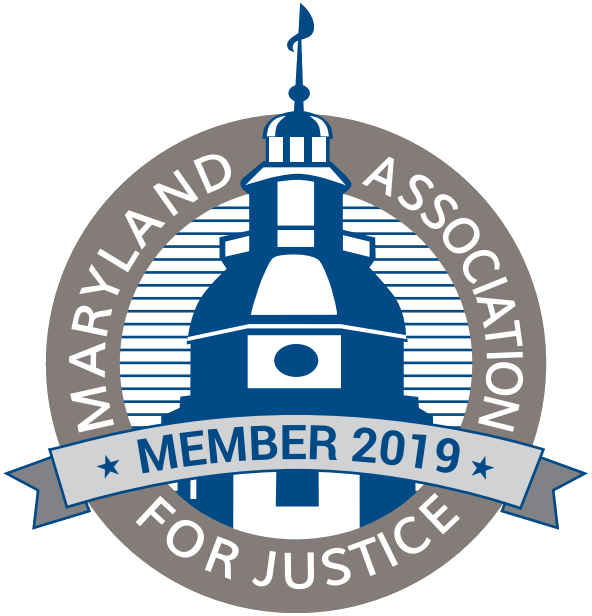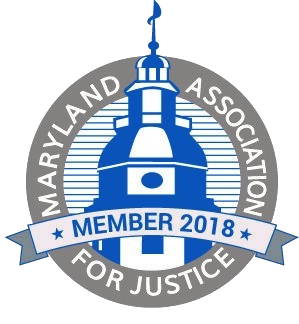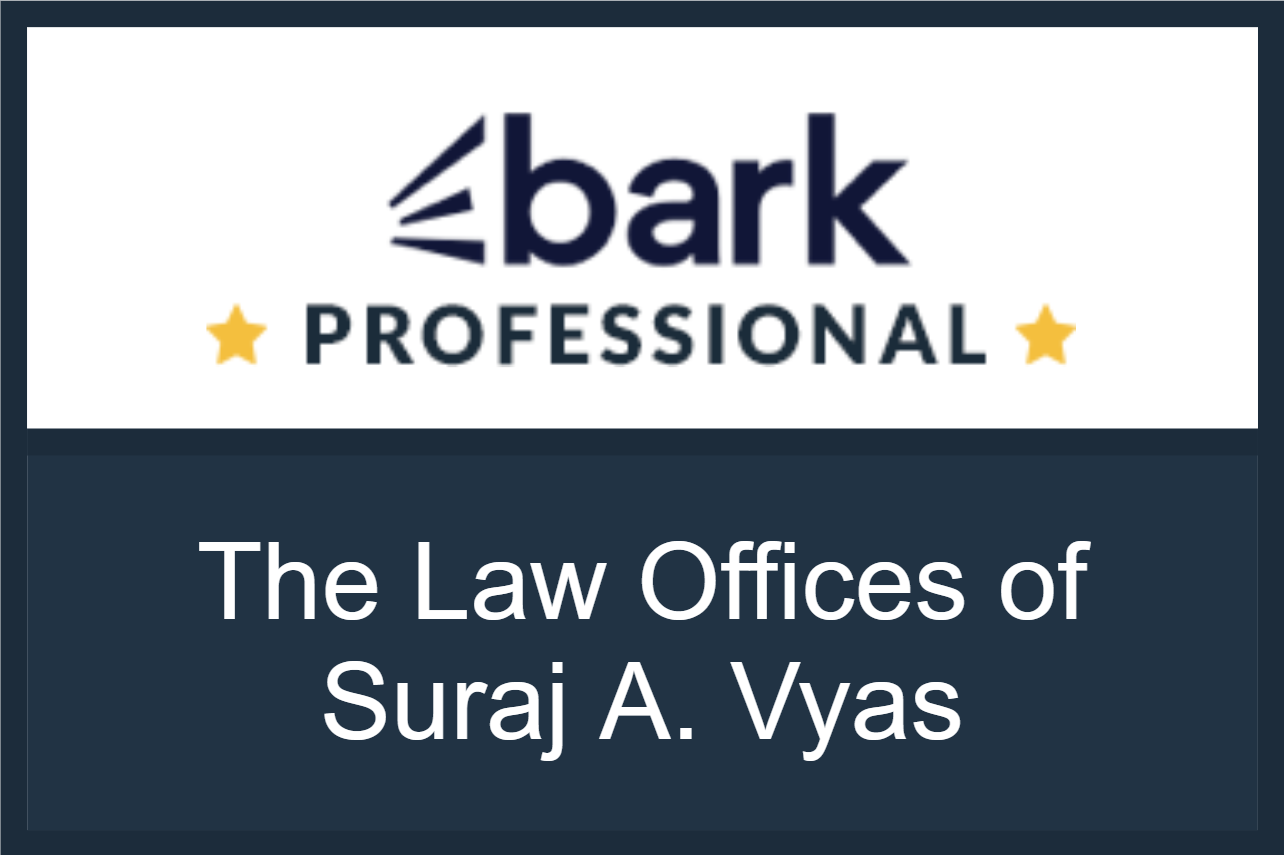By Suraj A. Vyas | 15 min read
Okay, contractors! Yesterday, I made sure to call out the construction industry as a prime example of an industry vulnerable to COVID-19 lawsuits. Today, let’s see how we can combat this issue outside of “forcing” your employees to use their own accrued time off. Morale is priceless in a construction project so it’s important to have a good relationship with your employees during a crisis like this.
A quick medical note: The virus people are being exposed to is SARS-CoV-2. The disease caused by SARS-CoV-2 is called COVID-19. I’m going to use COVID-19 throughout this blog post just because that’s what most people know it as and this is meant to be an easy-to-digest legal blog post for the masses more than a medically-sound post. For the most up to date information, visit the CDC and WHO websites. Back to the blog post:
As I alluded to yesterday, the key clause to look at regarding COVID-19 delays is your force majeure clause. Chances are you have an attorney you go to when looking over contracts and your attorney definitely should have made sure your contract has a force majeure clause. If you don’t have an attorney then you have much bigger problems and I suggest you get an attorney ASAP. If you don’t have a force majeure clause, you’ll have to rely on the principle of frustration (which is much harder to prove, but I’ll touch on it towards the end of this blog post).
Anyways, meet with you attorney to see how you can use your force majeure clause to your advantage and follow the proper notice provisions required in order to get extensions without getting penalized. Force majeure clauses generally permit you to be safe (meaning NO breach of contract; a temporary suspension of your obligation to perform work rather than full termination of contract) from delays caused by “Acts of God,” but there is no one set form used everywhere so you want to make sure exactly what would qualify as an excusable delay, whether time extensions would be granted, and how penalties may still be applied. Force majeure clauses tend to usually suspend a contractor’s obligation to perform when a force majeure event (which is usually something beyond the control of the party relying on the clause) has occurred. Your force majeure clause probably lists a bunch of events, but that’s not an exhaustive list as most of these clauses end with something along the lines of “other events beyond the Contractor’s reasonable control.” I can’t imagine a court finding that the consequences from the COVID-19 pandemic do not qualify under this general definition, but it’s certainly a possibility depending on exactly how your force majeure clause is drafted.
An important point to note is that your force majeure clause may not give rise to any compensation (unless you happen to have a contract that specifically provides this). Force majeure clauses are pretty strictly interpreted so you need to look at what is specifically mentioned about what you will get. If something is not explicitly mentioned, it’s unlikely you will get it.
Notices related to the force majeure clause should be strictly followed in order to ensure you are receiving the proper protection from a delay due to a qualified force majeure event. Your notice provision will likely have a time limit you need to obey in order to comply with it. Additionally, sometimes the clauses require certain “key phrases” or specific information to be mentioned to your contracting officer like mentioning a delay on critical path items, specific item numbers mentioned, or the fault of delay being due to city inspectors not coming out or labor and material shortages. Many contracts require nitty-gritty details so you’ll want your project manager with you to help go over some of the finer points. Some contracts go so far as to put the burden on contractors to include possible solutions to the owner on how they may prevent or mitigate the delay caused by COVID-19.
Keep records. Keep evidence. Although you may think you’re protected, you want to make sure you have all your ducks in a row should anything go wrong. You want to keep any and every correspondence related to COVID-19 at this time. This includes internal correspondences, correspondences between you and a subcontractor (or general contractor if you’re a sub), you and the owner, etc. Make sure you can show that the delay is due solely because of COVID-19 and not some other reason that just happened to occur during the midst of this pandemic. You can bet a judge or arbitrator is not going to be sympathetic to that kind of argument.
If you don’t have a force majeure clause, make sure you consult with us before signing off on your next contract. Next, see if you can implement the common law remedy of frustration if you really need to get out of a contract. Oftentimes, this is difficult to apply, but it’s a last ditch effort you might be able to use (likely in non-government contracts). Although, with such a low chance of success, it’s worth thinking about whether the repercussions would be worth it if you lost your case. Keep in mind that this completely discharges a contract rather than suspending work temporarily (contrast this with the force majeure explanation above).
Another tactic I’ve seen contractors trying to implement is the idea of impossibility or prevention or hindering of the delivery of materials. A government regulation preventing materials from reaching your site likely would not amount to force majeure as you could have had those materials delivered prior to the regulation (of course, this would be hard to foresee) or gotten them from a different source that would comply with whatever government regulations are imposed (even if that resulted in more expensive materials). Of course, this again depends on how your clause if drafted, but it’s unlikely that a delivery being late would allow a contractor to activate their force majeure clause in most cases. I wouldn’t suggest using excuses like this (in most cases) when trying to prove frustration either.
A quick example on where the above paragraph would be negated: Contractor X decided to purchase certain Generic Material Y from China to cut down on costs. The government issues a lock-down on Chinese goods getting to the US. In this case, force majeure probably wouldn’t apply if Contractor X could just get Generic Material Y in the US (even if it’s more expensive). On the other hand, suppose Contractor A has to purchase Italian marble from a particular seller in Italy. The government issues a lock-down on Italian goods getting to the US. In this case, force majeure probably would apply because there is no alternative seller available to Contractor A.
All in all, if you really can’t see yourself winning in a legal battle at the moment after consulting an attorney, then your best bet might just be to hope for the government to implement some new law or regulation (which is happening daily these days) that lets you easily use your force majeure clause. I don’t see them implementing a specific law for construction contracts delayed due to COVID-19 (at least not anytime soon), but keep your (and your attorney’s) proverbial ears to the ground and react quickly if you hear or see a change in law or policy that can let you use your force majeure clause.
I’ll conclude with a slight non sequitur: Bids are still going on, but you should be wary of signing of on any new jobs or projects until we learn a bit more about COVID-19 or you risk leaving your business exposed to monumental claims by an owner (and GC if you’re a sub). Be prudent. Stay safe, stay smart, and stay clean!
Learn more about this topic and get in touch with The Law Offices of Suraj A. Vyas through social media @SAVLawFirm














